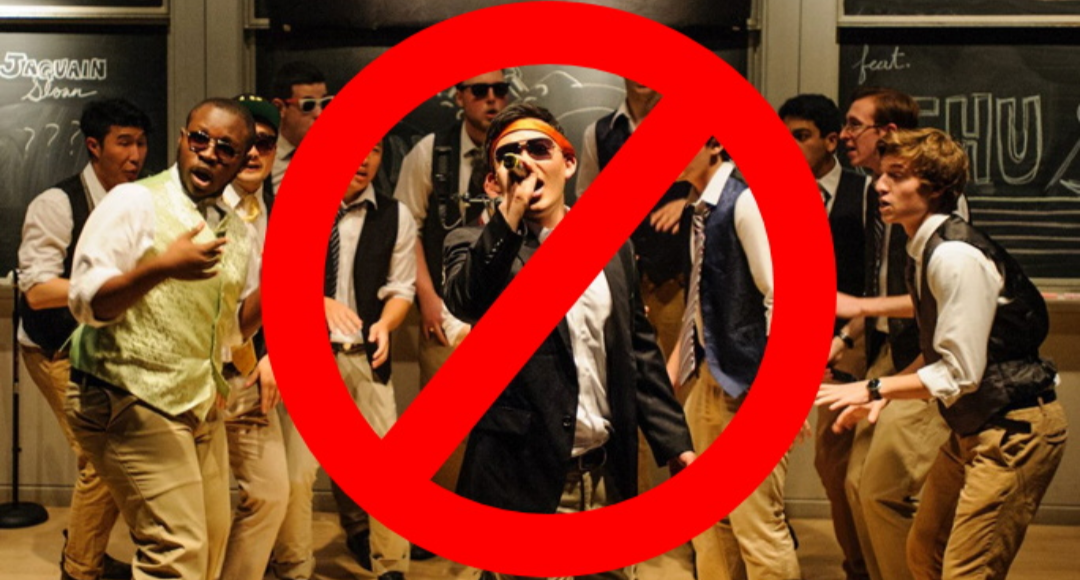
When2Meet Fraud? No Way Friendless Outcast Club Member Is Busy on Friday After 8
WARREN HALL—Every semester, thousands of Cornellians ambiguously fill out When2Meet surveys seeking an optimal hour to schedule their weekly rendezvous. While scrutinizing the availability of his fellow project teammates, president Edmund Fitch ‘24 was shocked to see that for the first time, the socially inept loner on the team indicated that he was unavailable to…















